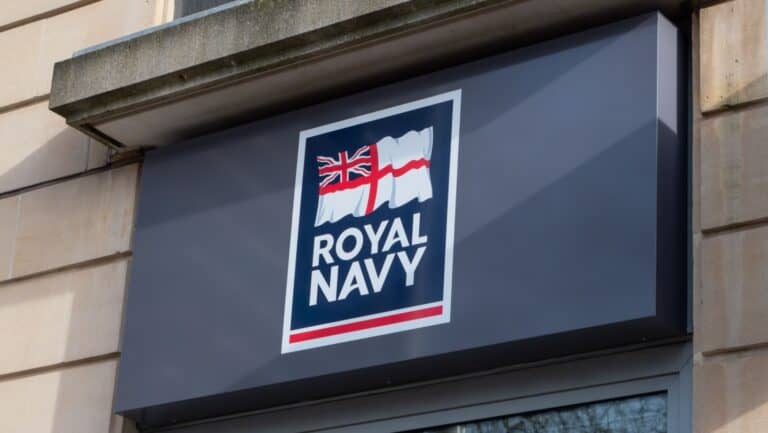Welcome changes to the Service Complaints System
The service complaints system came into effect on 1 January 2008, replacing previous systems specific to the Army, Navy and RAF. This emerged following calls for a more independent complaints system after the deaths of four soldiers at Princess Royal Barracks, Deepcut between 1995 and 2002.
A service complaint is the military equivalent of a civilian workplace grievance. The complaints we typically see involve:
- bullying;
- harassment;
- discrimination; and
- career fouling.
This year we have seen a number of changes made to the service complaints system, which we hope will encourage more transparency and confidence in the system.
The old system
The previous system was administered by the Service Complaints Commissioner, who had the power to refer complaints to the chain of command for action and be notified of the outcome, but did not have the power to investigate or make determine complaints.
The previous Commissioner, Dr Susan Atkins, was critical of the delays which service personnel experienced and made various recommendations for changes. Some of her recommendations have now been implemented.
The new system
With effect from 1 January 2016, a new system has been put in place, which is meant to be simpler and quicker.
The position of Commissioner has been abolished and replaced with a Service Complaints Ombudsman, who has greater powers. The aim of the Ombudsman is to ensure all Service men and women have confidence in the complaints system and are treated properly.
The current Ombudsman is Nicola Williams, a former Barrister, who has powers to:
- review decisions to refuse to investigate a complaint or appeal;
- investigate undue delay whilst a complaint is ongoing;
- investigate poor administration of a complaint that has been finally determined; and
- investigate all or part of a complaint herself, if it has been finally determined.
The appeals system has also been streamlined, from two levels to one, which will hopefully save time and give more certainty.
How to make a service complaint
The rules for the new system are set out in the Joint Service Publications 831 and 763 (please see the links below). These regulations provide important information about the time limits, process and rights of service personnel who make or are subject to a service complaint, including:
- A complaint must normally be made within 3 months of the incident you are complaining about.
- If you are out of time, you can still make the complaint and, if you have a good reason, it should still be investigated.
- If the matter complained of happened over a period of time, the complaint must be submitted within 3 months of the latest incident.
- A complaint is made by submitting a written statement of complaint to a specified officer, normally your commanding officer. Alternatively, you can ask the Ombudsman to refer your complaint to your chain of command (typically where your line management may be implicated in the complaint and you do not want to approach them yourself).
- Service leavers are also able to raise a complaint, so long as they are in time and were subject to Service Law when the incident occurred.
Service complaints should be processed within a 24 week period.
How will the changes affect you?
We are yet to see the full impact of these changes. Clients of mine who have service complaints ongoing have already experienced some delays as the new system has been rolled in, and perhaps this is to be expected. Despite this, I am optimistic that an Ombudsman with new powers will be able to provide service personnel with a more independent, transparent and just system.
The majority of service personnel who make complaints are left with no other choice. Many of my military clients are reluctant to complain and worried about how this might affect their careers. If a system can be created which deals with complaints early on, in an efficient and fair way, then more personnel will be encouraged to use it, and this has the power to change attitudes and behaviour up and down the chain of command.
If you think you have grounds for a Service complaint, or feel that your complaints are not being heard, please feel free to contact one of the specialist lawyers in our team.
Helpful links
For guidance on how to make a service complaint, please see the Ombudsman’s website
For the rules and regulations which govern the complaints process, see the JSP 831 page
For the MoD’s bullying and harassment complaints procedure, please see the JSP 763 page:










